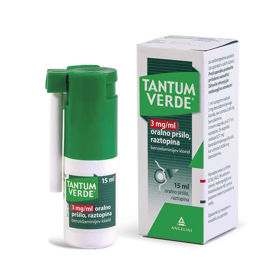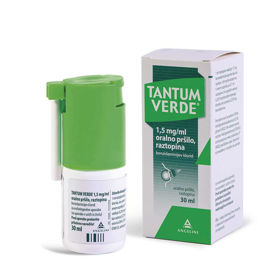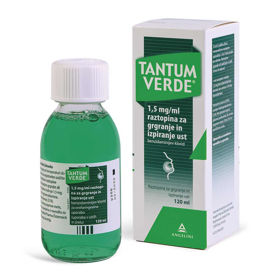Customer question:
What are the symptoms of mononucleosis? Is mononucleosis dangerous? Anonymous customer's question
Pharmacist's answer:
If you are a teenager or young person, you will most likely get sick with all the signs and symptoms. Unfortunately, young children usually show few symptoms, and the infection often goes undetected. Mononucleosis is a viral infection that causes fever, sore throat, and swollen lymph nodes, most often in the neck.
The symptoms of mononucleosis are different and can be mild or more intense:
- enlarged spleen or liver
- fatigue and exhaustion
- elevated body temperature
- swollen lymph nodes in the neck, under the armpit, or in the groin
- muscle pain or weakness
- loss of appetite
- release
- headache
- sore throat
The symptoms of mononucleosis gradually improve over about four weeks, but the feeling of fatigue may last for several months. An enlarged, bursting spleen is the biggest concern in mononucleosis. This gland in the upper left of the abdomen helps filter the blood. If your spleen bursts, it can bleed into your stomach.
Internal bleeding from a ruptured spleen can be life-threatening and require emergency surgery. Your doctor may recommend avoiding strenuous exercise, contact sports, and heavy lifting until you feel better and until your symptoms are completely gone.
Call your doctor at the following warning signs:
- difficulties breathing or swallowing
- dizziness or fainting
- extreme muscle weakness in the arms or legs
- sharp pain in the upper left part of the abdomen
- intense body pains
- persistent high fever
- severe headaches
The virus has an incubation period of about four to six weeks, although this period may be shorter in young children. The incubation period refers to how long symptoms appear after exposure to the virus. For example, sign such as fever and sore throat usually resolve within a few weeks, but fatigue, enlarged lymph nodes, and a swollen spleen may persist for several weeks.
Interesting reading: Mononucleosis signs












 Facebook
Facebook
 Instagram
Instagram
 info@moja-lekarna.com
info@moja-lekarna.com

